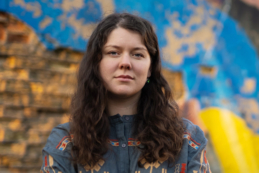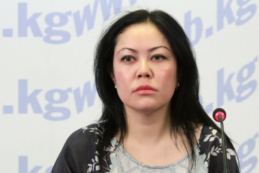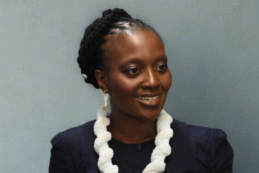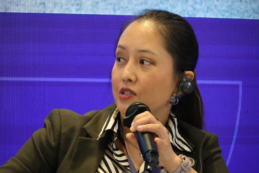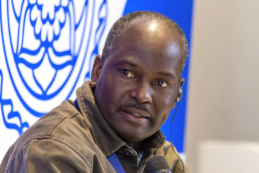Ukraine
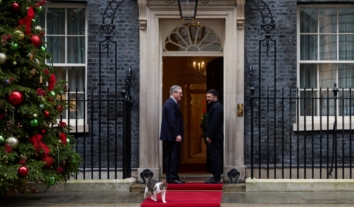
Ukraine will not cede territory, has no legal or moral right to do so — Zelenskyy
The President of Ukraine added that the United States is currently seeking compromise solutions to resolve the situation
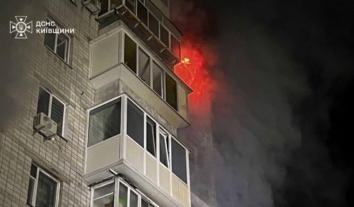
As a result of the Russian attack on Vyshhorod, one person was killed and 19 others were injured, including four children
A total of two other multi-storey residential buildings, 14 houses, a business, and seven vehicles were damaged in the city

Russian military killed eight people in Ukraine in shelling on November 25
According to the National Police, Russian shelling on November 25, 2025, killed eight civilians in Kyiv and the Chernihiv region, with more than four dozen others injured, including those in the Dnipropetrovsk, Kherson, Odesa, and Zaporizhzhia regions
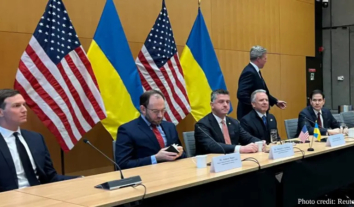
US revising plan after ‘most productive’ talks with Ukraine — US Secretary of State Marco Rubio
US Secretary of State Marco Rubio said Washington's team is making "some changes" to the peace plan, seemingly based on Ukrainian suggestions
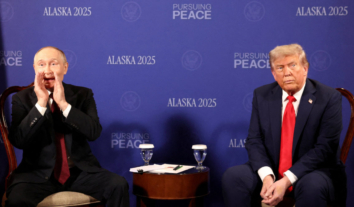
US and Russia draft “peace plan” legitimizing Russian violations of Ukraine’s territorial integrity and internal interference
Two of Ukraine’s security guarantors under the Budapest Memorandum -- the United States and the Russian Federation -- have drawn up a so-called peace plan that legitimizes the violation of Ukraine's territorial integrity and interference by Russia in its internal affairs
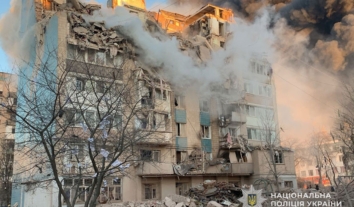
Russians killed at least 36, including six children, and injured 93 civilians in their attack on Ternopil city (updating)
Nine-storey blocks of flats were hit in the strikes, as Russia fired more than 470 drones and 47 missiles at Ukraine overnight in a "brazen attack"

Russia’s aggression against Ukraine is a classic neo-colonial war for the enslavement of an entire people
Serhiy Kyslytsya stated that Russia's war against Ukraine is a neo-colonial war, and also emphasized that for the Kremlin, Ukrainians are a resource for restoring an imagined empire
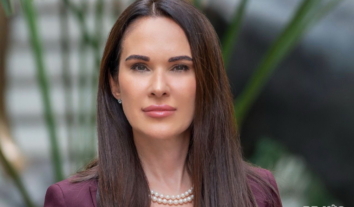
Ukraine invites nations across Africa, South America, and Asia to join a global justice alliance
At the Crimea Global forum in Kyiv, Iryna Mudra appealed to states of the Global South to join the Special Tribunal on the Crime of Aggression, arguing that justice for Crimea and Ukraine is inseparable from the safety and sovereignty of countries worldwide.
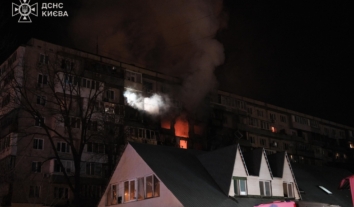
Seven civilians killed in wave of Russian strikes across Kyiv (updated)
At least seven people were killed and 35 more injured in a wave of Russian drone and missile strikes on Ukraine's capital, Kyiv
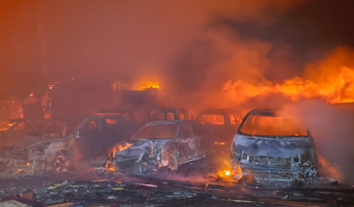
Russian forces killed two people in Ukraine on October 6, among the injured are children
Russian shelling on November, 2025, 6 killed two civilians in the Sumy and Dnipropetrovsk regions, and more than three dozen others sustained various injuries in the Donetsk, Kharkiv, Dnipropetrovsk, Kherson, and Zaporizhzhia regions, according to the reports of the National Police of Ukraine
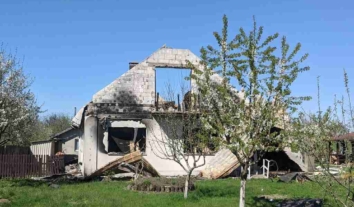
Сourt in Kyiv region has acquitted a Russian serviceman for the first time after he was charged in absentia with looting
The victim in the Bucha court case managed to leave her home on February 26 and only learned of the robbery in April upon her return
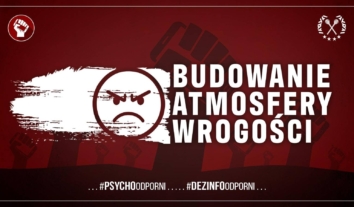
Polish military exposes Russian psyops targeting Ukraine support
The rise in anti-Ukrainian sentiment is being observed in places where there are hubs providing assistance for the transfer of weapons or support for Ukraine's war effort (for example, Gdynia and Gdańsk)
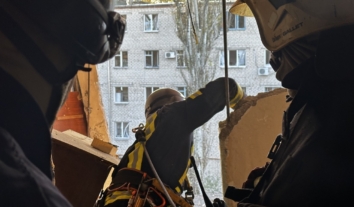
Russia strikes Ukraine with missiles and drones overnight: people killed and injured, including children, some regions without power
The National Police of Ukraine, the State Emergency Service (SES), and regional military administrations reported civilian casualties. Russians also caused damage, including to energy and railway infrastructure, across the Kyiv, Zaporizhzhia, Chernihiv, Lviv, and Mykolaiv regions following Russian shelling on the night of October 30, 2025
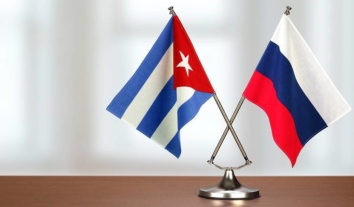
Ukraine closes Cuba embassy and downgrades ties over Havana’s complicity in Russian aggression
Ukraine voted against the United Nations General Assembly resolution "Necessity of ending the economic, commercial and financial embargo imposed by the United States of America against Cuba," adding that this step has serious grounds
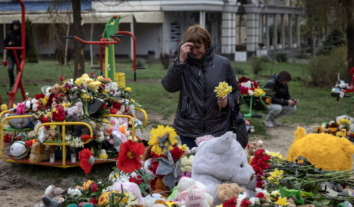
Russia has killed 661 Ukrainian children since start of its full-scale war
Kravchenko said that Ukrainian law enforcement agencies have been investigating 5,363 criminal proceedings concerning crimes against children during the war
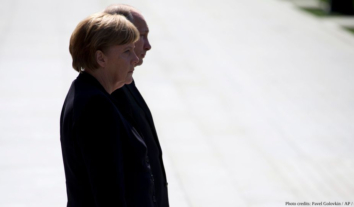
Former Lithuanian NATO representative accuses Merkel of blocking Ukraine’s Crimea defense
In recent years, Germany has been subject to influence from the Russian Federation through financial, political, and lobbying levers, particularly in the context of the Nord Stream 2 project, which authorities promoted following the illegal annexation of the Crimean Peninsula in 2014
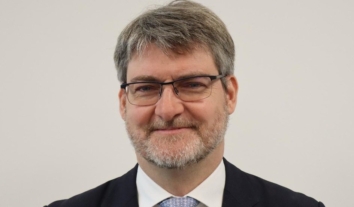
Feminist diplomacy: How France promotes women’s and girls’ rights in global politics
How can we unite, act and resist together in order to defend gender equality and the rights of women and girls? This will be the guiding question of the 4th Ministerial Conference on Feminist Foreign Policy, which France will host on 22 and 23 October 2025
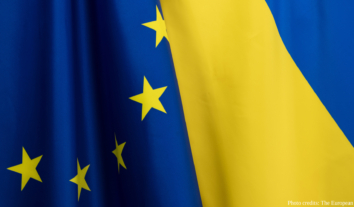
Coalition of Ukrainian organizations, including ZMINA, publishes shadow report on EU accession
The report includes more than 500 recommendations, ranging from legislative changes to institutional reforms. These are designed to help public authorities address current challenges, secure sustainable results, and, together with international partners, set clear reform priorities


